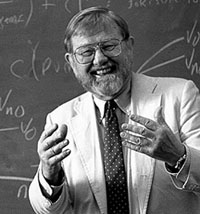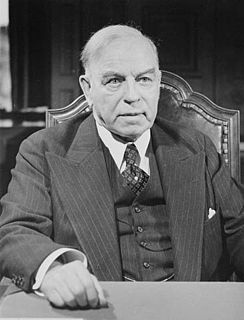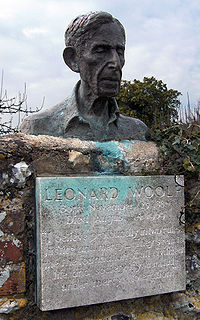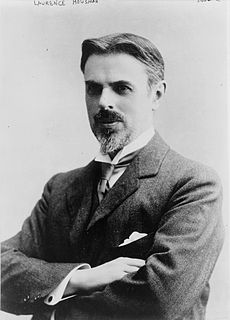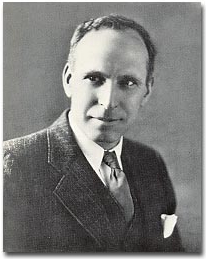A Quote by Mancur Olson
Wicksell's old-fashioned liberalism is reminiscent of John Maynard Keynes' attitude toward conscription during World War I. Keynes opposed conscription, but he was not a pacifist. He opposed conscription because it deprived the citizen of the right to decide for himself whether or not to join in the fight. Keynes was exempt as a civil servant from conscription; so there is no need to question his sincerity. Apparently his belief in the rights of the individual against a majority of his compatriots was very strong indeed.
Quote Topics
Against
Apparently
Attitude
Because
Belief
Citizen
Civil
Conscription
Decide
Deprived
Exempt
Fight
Himself
His
Indeed
Individual
John
Join
Keynes
Liberalism
Majority
Need
Old
Old-Fashioned
Opposed
Pacifist
Question
Right
Rights
Servant
Sincerity
Strong
Toward
Very
Very Strong
War
Whether
World
World War
World War I
Related Quotes
I would agree that much with people who accept private property - that conscription is an unpardonable transgression, whether it be "corrupt" or not. The Spanish anarchists opposed conscription during the civil war in Spain as a gross expropriation of property, the most precious property that we have, our own physical beings themselves.
The principle of compulsory service, embodied in the system of conscription, lias been the means by which modem dictators and military gangs have shackled their people after a coup d'état, and bound them to their own aggressive purposes. In view of the great service that conscription has rendered to tyranny and war, it is fundamentally shortsighted for any liberty-loving and peace-desiring peoples to maintain it as an imagined safeguard, lest they become the victims of the monster they have helped to preserve.
I also think there are prices too high to pay to save the United States. Conscription is one of them. Conscription is slavery, and I don't think that any people or nation has a right to save itself at the price of slavery for anyone, no matter what name it is called. We have had the draft for twenty years now; I think this is shameful. If a country can't save itself through the volunteer service of its own free people, then I say: Let the damned thing go down the drain!
Friedrich Hayek, who died on March 23, 1992 at age 92, was arguably the greatest social scientist of the twentieth century. By the time of his death, his fundamental way of thought had supplanted the system of John Maynard Keynes - his chief intellectual rival of the century - in the battle since the 1930s for the minds of economists and the policies of governments.
Fascism entirely agrees with Mr. Maynard Keynes, despite the latter's prominent position as a Liberal. In fact, Mr. Keynes' excellent little book, The End of Laissez-Faire (1926) might, so far as it goes, serve as a useful introduction to fascist economics. There is scarcely anything to object to in it and there is much to applaud.
